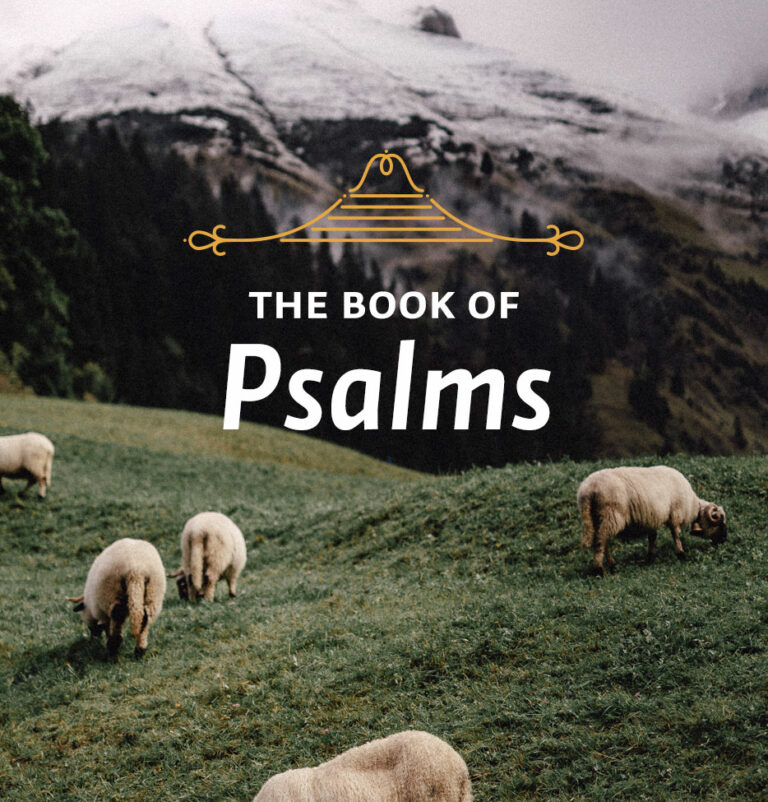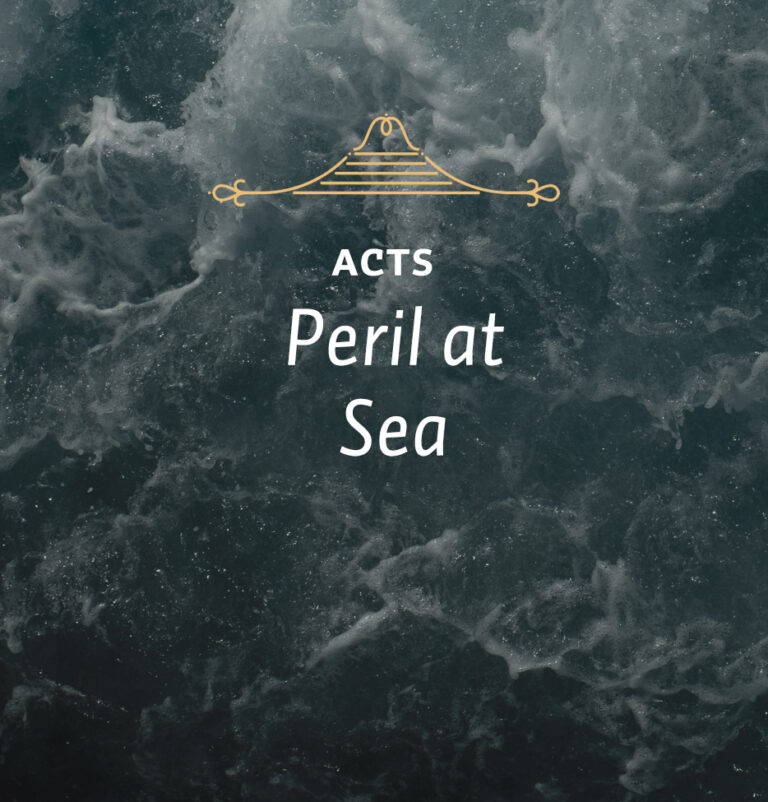
Tuesday: If
Theme: Images of Trouble
In this week’s lessons, we are reminded of the many ways God shows his protective care, and of our privilege to praise him for his goodness.
Scripture: Psalm 124:1-8

Theme: Images of Trouble
In this week’s lessons, we are reminded of the many ways God shows his protective care, and of our privilege to praise him for his goodness.
Scripture: Psalm 124:1-8

Theme: Praise for God’s Protecting Care
In this week’s lessons, we are reminded of the many ways God shows his protective care, and of our privilege to praise him for his goodness.
Scripture: Psalm 124:1-8
I am one of those people who love English poetry, and over the years I have tried to memorize a good bit of it. One of the poems I have tried to memorize but have not succeeded in memorizing completely is “If” by Rudyard Kipling. The first part begins like this:

Theme: If God Were Not on Our Side
In this week’s lessons, we are reminded of the many ways God shows his protective care, and of our privilege to praise him for his goodness.
Scripture: Psalm 124:1-8
The chief reason for the beauty of this psalm is the power of the six images that occur here, one upon another, in answer to the question: “What if?”

Theme: Examples of God’s Preservation
In this week’s lessons, we are reminded of the many ways God shows his protective care, and of our privilege to praise him for his goodness.
Scripture: Psalm 124:1-8

Theme: Thanksgiving and Praise
In this week’s lessons, we are reminded of the many ways God shows his protective care, and of our privilege to praise him for his goodness.
Scripture: Psalm 124:1-8

Acts 27 contains the account of a great storm on the Mediterranean that overtook the ship that was bearing Paul to Rome. It was a literal storm, of course, but it can also be a symbol of the storms that come into the lives of Christian people. This is a splendid chapter, for it is one of those rare glimpses into a part of ancient life that you just do not find anywhere else.

The little company did the best they could, eventually making their way around the coast to the town of Myra in Lycia. Yet this was still on the southern edge of Asia and not very far along at all. They changed ships there, switching to a larger Alexandrian ship. The smaller ship would presumably continue on around the coast of Asia while the larger ship moved more directly westward over the open sea.

The story tells how the originally gentle breeze turned into a great Mediterranean storm that caused the winds and waves to rage day after day in a terrifying fashion. As Luke tells the story, there was a period of fourteen days in which the men did not see the sun or even the stars. Luke says, “When neither sun nor stars appeared for many days and the storm continued raging, we finally gave up all hope of being saved” (v. 20).

Christians testify that God has been with them in a way that is supernatural. God has quieted their hearts. He has made Himself known in small ways but which in the situation were so significant that the individuals could testify afterward that God did what He did just to reassure them. He taught them that He had a purpose in it all. Do you know that God is with you? Are you aware of His presence? When the storms come, that will make a great difference.

In yesterday’s study we saw how Paul responded to the storm that had overtaken him. We’ve already noted that 1) Paul knew that God was with him; and 2) Paul knew that he belonged to God. In today’s lesson we look at a third and fourth response.

Canadian Committee of The Bible Study Hour
PO Box 24087, RPO Josephine
North Bay, ON, P1B 0C7